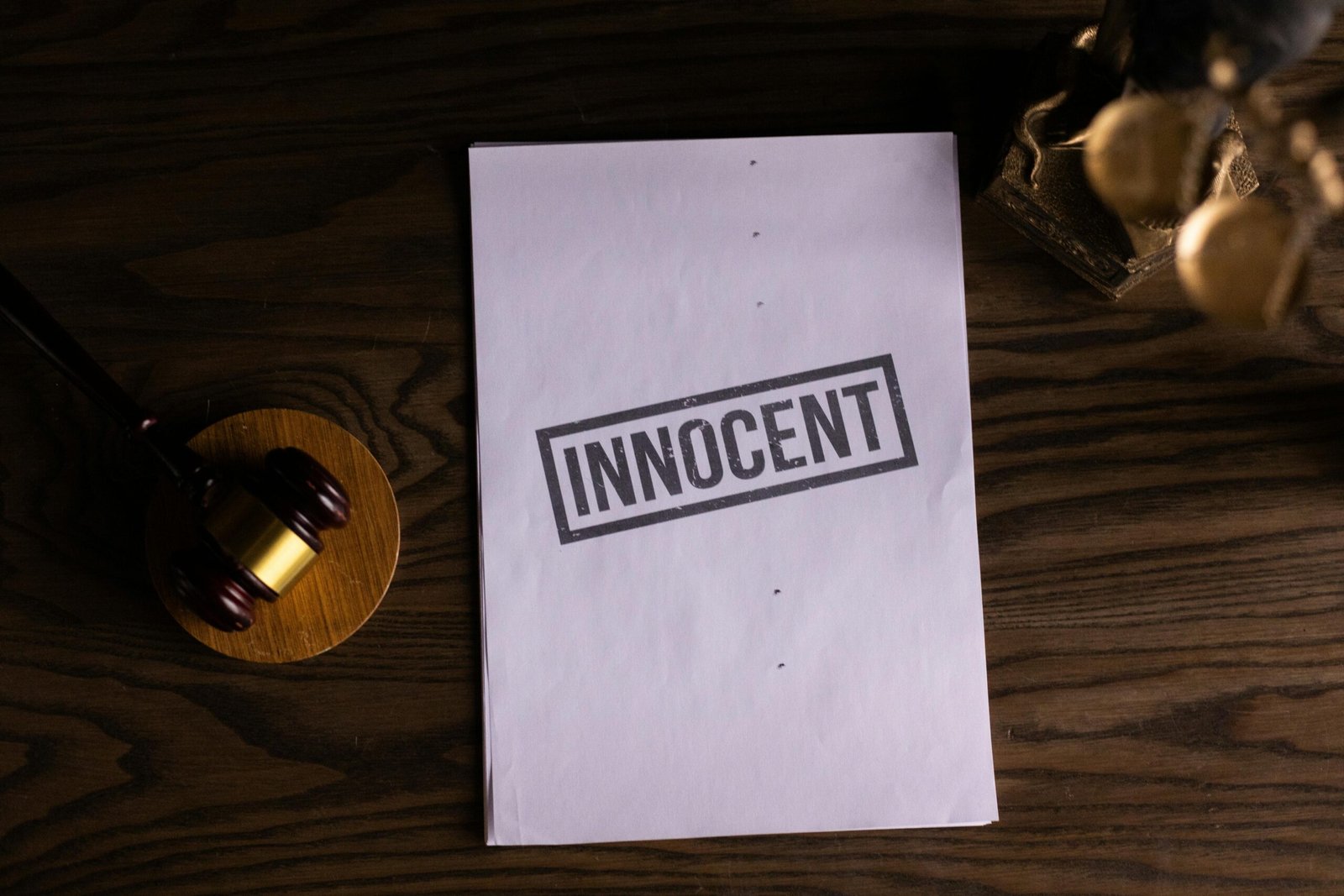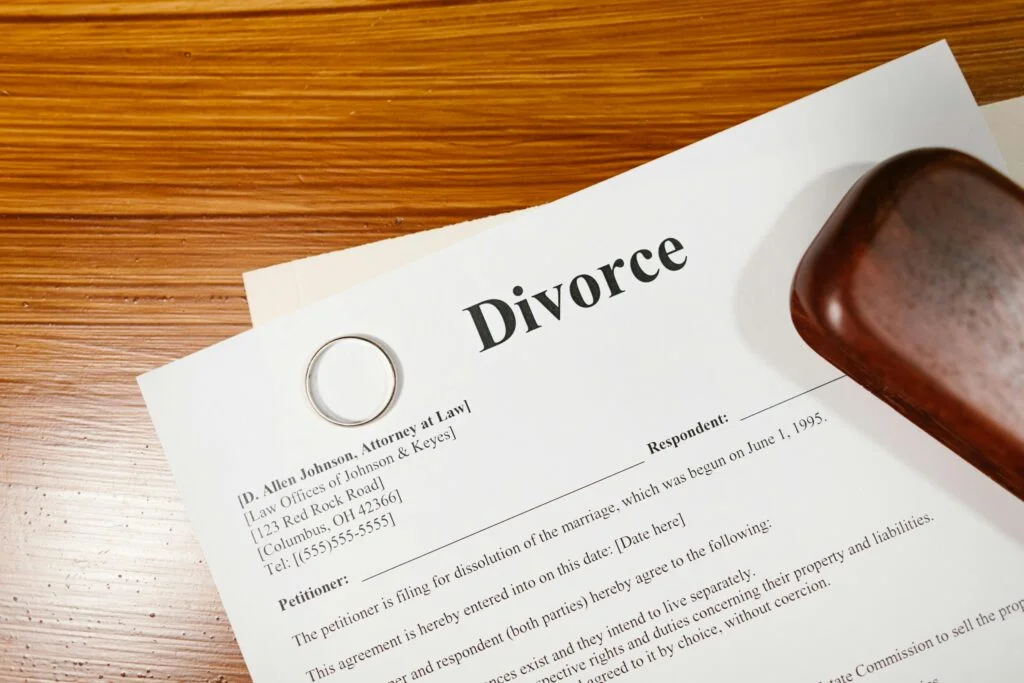
Defamation is a serious offense that can significantly harm an individual’s reputation, leading to emotional and financial distress. In India, defamation is governed by Section 499 of the Indian Penal Code (IPC), and victims of defamation can seek legal recourse to protect their reputation and dignity.
What is Defamation under IPC?
Defamation refers to the act of damaging someone’s reputation through false or malicious statements. It can occur in two forms: libel (written defamation) and slander (spoken defamation). In India, defamation is both a civil and criminal offense under the Indian Penal Code (IPC).
Under Section 499 of the IPC, defamation is defined as:
- Defamation by words, signs, or visible representations: A person is said to defame another if they make or publish any statement, whether spoken or written, that harms the reputation of the other person.
- Defamation under IPC is a punishable offense, and the person responsible may face a prison sentence, fines, or both.
In the context of IPC, defamation can arise when false statements are made about a person, whether it’s a matter of personal reputation, professional standing, or any other aspect of an individual’s life. The goal of IPC’s defamation provisions is to protect a person’s reputation and dignity from unwarranted harm.
Problems Faced by Indian Consumers in Defamation Cases
Indian consumers often face several obstacles when pursuing a defamation case. These challenges may include:
1. Lack of Awareness
Many individuals are not familiar with the laws surrounding defamation under IPC. They may not know how to properly document and present their case or even how to send a defamation notice to the person responsible for the harm.
2. Complex Legal Procedures
Filing a defamation case involves a detailed understanding of the law. Consumers may face difficulties in navigating the legal procedures, including understanding how to file a defamation case and the required evidence to support their claims.
3. Time-Consuming Legal Process
The legal process for defamation in India can be lengthy, especially when one has to go through multiple court hearings. Many consumers are discouraged by the delays and the prospect of long trials.
4. Financial Constraints
Hiring a lawyer to represent you in a defamation case can be expensive. For many consumers, the cost of legal representation may deter them from pursuing justice, even when their reputation has been severely harmed.
5. Difficulty in Proving Defamation
Defamation cases often rely on proving that the statements made were false and malicious. Gathering concrete evidence to substantiate the claim can be difficult, particularly when dealing with spoken words or online defamatory statements.
6. Risk of Retaliation
Filing a defamation case can sometimes provoke retaliation or counter-claims from the accused. This can add to the emotional burden of the person filing the case.
How to File a Defamation Case in India
Filing a defamation case in India involves a series of steps. Here’s a simple guide on how to file a defamation case under the IPC:
Step 1: Send a Defamation Notice
Before filing a defamation case, the first step is often sending a defamation notice to the person or organization responsible for the defamatory statement. The notice should outline the false statement, its impact on the reputation of the aggrieved party, and a demand for an apology or correction.
Step 2: Prepare the Complaint
Once the notice is ignored or if there is no resolution, the next step is to prepare the defamation complaint. This complaint will need to be filed before the local Magistrate’s Court. The complaint should include details of the defamatory statement, evidence supporting the claim, and the impact on the complainant’s reputation.
Step 3: File the Complaint in Court
The complaint, along with supporting evidence, is filed in the Magistrate’s Court. The court will examine the complaint, and if there is enough evidence, it will issue summons to the accused to appear in court.
Step 4: Hearing and Trial
During the trial, the court will examine the evidence and statements from both parties. The complainant must prove that the statement was false, defamatory, and caused harm to their reputation. If the court finds the accused guilty, it may impose penalties such as imprisonment or a fine.
Step 5: Appeals
If either party is dissatisfied with the court’s decision, they can file an appeal in the higher courts, which may further delay the process.
Case Studies
1. Case Study 1: Defamation in Business
In one case, Rajesh, a businessman from Delhi, was defamed by a competitor who spread false rumors about his business dealings. The competitor accused Rajesh of being involved in illegal activities, which led to customers withdrawing their business from him. Rajesh sent a defamation notice through Kanoon360 to his competitor, demanding an apology and retraction. After receiving no response, Rajesh filed a defamation case. The court ruled in his favor, and the competitor was fined for damaging Rajesh’s reputation.
2. Case Study 2: Defamation on Social Media
Priya, a teacher in Chennai, became the victim of online defamation when a former student posted false and malicious comments about her on social media. The defamatory statements were about her character, claiming she was involved in unethical practices. Priya decided to send a defamation notice to the student using Kanoon360. The student failed to retract the statements, and Priya filed a defamation case. The court granted her relief, and the student was ordered to pay compensation for the damage caused.
3. Case Study 3: Defamation in the Workplace
Suresh, a senior employee in an IT firm, was falsely accused of sexual harassment by a colleague. The allegations were completely untrue and severely damaged his professional reputation. Suresh sent a defamation notice demanding an apology and retraction of the allegations. When the colleague refused to apologize, Suresh filed a defamation case. The court ruled that the allegations were baseless and ordered the colleague to pay damages to Suresh for the harm caused to his career.

FAQs About Defamation IPC
1. What is defamation under IPC?
Defamation under IPC refers to the act of making false statements about an individual or entity that harm their reputation. It is punishable under Section 499 of the Indian Penal Code.
2. How to file a defamation case in India?
To file a defamation case, you must send a defamation notice first. If the notice is ignored, you can file a complaint in the Magistrate’s Court, followed by a trial where both parties will present evidence.
3. What is the format of a defamation notice?
A defamation notice format typically includes the details of the defamatory statement, the impact on the person’s reputation, a request for an apology or retraction, and a deadline for compliance. Platforms like Kanoon360 provide ready-to-use templates for defamation notices.
4. What are the consequences of defamation under IPC?
Under IPC, the accused may face imprisonment for up to two years, or a fine, or both, if found guilty of defamation.
5. Can I file a defamation case for online defamation?
Yes, online defamation is equally punishable under IPC. You can file a defamation case against anyone who defames you through social media, blogs, or other online platforms.
6. How long does it take to resolve a defamation case in India?
Defamation cases can take several months or even years to resolve due to the lengthy legal process. However, sending a defamation notice can sometimes resolve the issue before it reaches court.
7. Can a defamation notice lead to a settlement?
Yes, many defamation cases are settled before reaching court after sending a defamation notice. The notice can prompt the accused to retract their statement and issue an apology, preventing the need for a lengthy trial.
If you have any complaints or concerns regarding the services provided, you can also use the Kanoon360 grievance portal. This portal allows you to file complaints or request resolutions for issues faced during the legal process.
Grievance Portal
For service-related grievances, Kanoon360 has a grievance portal where you can file complaints and get resolutions in a timely manner.
Also Read : Legal Notice for Divorce: A Complete Guide for Indian Consumers
Also Read: E-Shram Card Download by Mobile Number: A Comprehensive Guide
Conclusion
Defamation is a serious issue that can damage a person’s reputation and cause significant emotional and financial harm. Under defamation IPC, individuals have the right to seek legal recourse to protect their dignity and reputation. However, the process of filing a defamation case can be complex, time-consuming, and expensive, especially for ordinary consumers. Online platforms like Kanoon360 provide a more accessible way to navigate the legal complexities of defamation. By helping individuals draft and send defamation notices, Kanoon360 ensures that consumers can take timely legal action to defend their rights. Whether it’s a case of slander or libel, knowing your legal rights and how to respond to defamatory statements is crucial to protecting your reputation.



